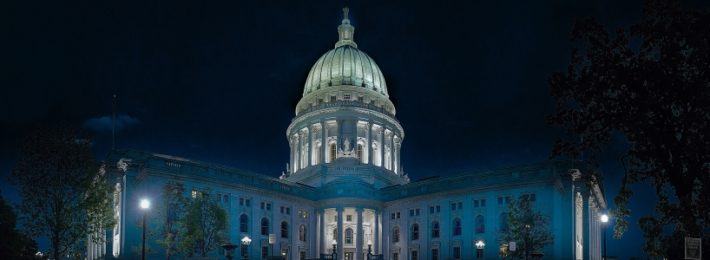Security Clearance Review Act

Last month I wrote about the Security Clearance Improvement Act of 2021 that was submitted to Congress with the aim of identifying security clearance applicants who may have participated in events such as those that occurred on January 6, 2021 at the Capitol. Last week another bill called the Security Clearance Review Act sponsored by Rep. Donald Beyer (D-VA) was referred to the Subcommittee on Crime, Terrorism, and Homeland Security. This bill imposes security-related requirements with respect to political appointees in the Executive Office of the President.
The purpose of the bill seems to be aimed at holding the President of the United States accountable when he or she overrides the decision of the Federal Bureau of Investigations during the security clearance process and grants someone access to classified information. This apparently came as a result of the previous administration’s actions where certain individuals were granted security clearances despite the concerns and objections of those reviewing the completed investigations. Here is the published summary of the bill:
Under this bill, such a political appointee (1) may be employed in the office only if the appointment is clearly consistent with national security; and (2) may not have a security clearance or access to classified information unless the Federal Bureau of Investigation (FBI) grants such clearance or access, unless the President nullifies the FBI’s decision to deny clearance or access.
If the President nullifies the FBI’s decision to deny clearance or access to such an appointee, the President must report to Congress within 30 days explaining the reasons for the nullification.


A welcome change if it makes it to law.